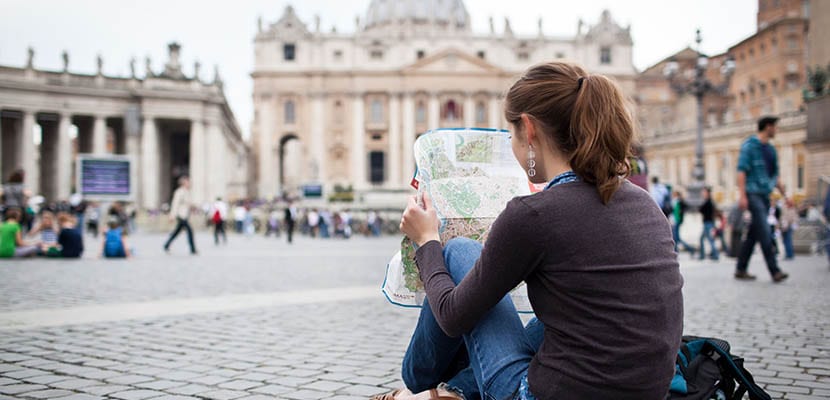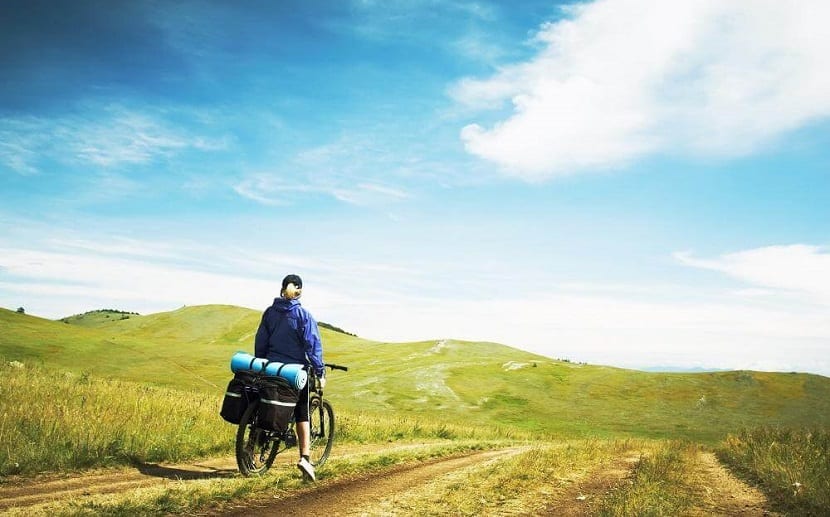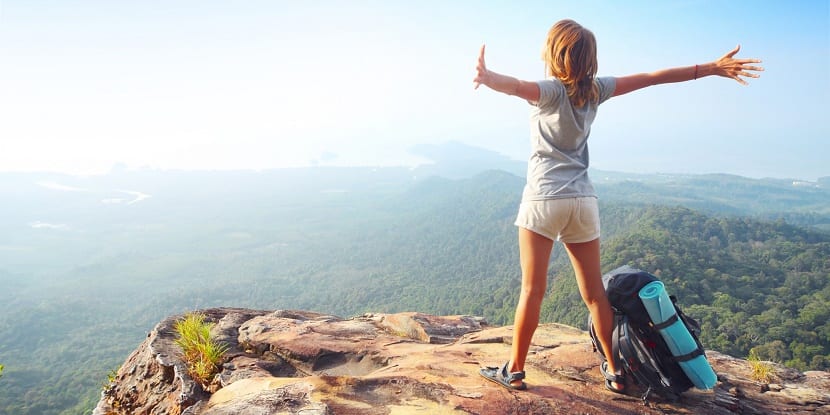
When traveling, it never hurts to be cautious and gather everything you may need to have an unforgettable and safe trip. Packing the essentials is vital, as is gathering extensive information about the destination to which we will depart.
The organization International SOS and Control Risks has recently published a document with information of interest to travelers in 2018 regarding the most dangerous countries to travel be it from the point of view of health, the state of the roads or violence.
This organization classifies countries by color according to their level of risk. In this way, green means very low, yellow is low, orange symbolizes medium level, red represents high risk and garnet means extreme. Which ones are in one category or another?

Countries such as Denmark, Norway or Switzerland appear as the safest while Spain, Australia, France, the United Kingdom or Chile are at low risk. On the contrary, in maroon color appear Afghanistan, Mali, Libya, Syria, Yemen or Somalia.
Regarding health-related issues, the color classification is applied in the same way but brown is added for those countries that are rapidly developing a variable risk. Russia, India, China or Brazil are in the latter category. In red we find Haiti, Burkina Faso or North Korea while Japan, the United States, Portugal, Ireland, Uruguay, Canada or New Zealand are considered very safe.
The latest document from the International SOS and Control Risks organization for 2018 talks about road safety. Most European countries have reliable asphalt, although there is an increase in danger in the east. In contrast, Asia and Africa have the highest number of roads in the worst condition as they register a large number of accidents. Within this group we find Vietnam, Ivory Coast, Thailand or Angola.
What does it say the Ministry of Foreign Affairs about it?
In this sense, the Ministry of Foreign Affairs of Spain updates its website carefully with the information that the embassies and consulates send periodically. Before traveling anywhere, it is advisable to know the recommendations that this institution makes to citizens.
The deterioration of the security situation in the world due to the international terrorist threat, the poor state of the roads or the poor sanitary conditions of some countries have led to the Ministry of Foreign Affairs and Cooperation to request that travelers take precautionary measures, avoid risky situations and register at the corresponding Embassy or Consulate General of Spain in order to have them located in an emergency.

Which countries do you advise against traveling to?
In total, the Ministry of Foreign Affairs advises against traveling to 21 countries in the world located mainly in Africa, Asia and Oceania due to its dangerousness: Afghanistan, Iraq, Iran, Lebanon, Pakistan, North Korea and Syria in Asia; Libya, Egypt, Somalia, Chad, Nigeria, Liberia, Guinea Bissau, Mauritania, Niger, Burkina Faso, Mali, Central African Republic and Burundi in Africa and Papua New Guinea in Oceania.

Recommendations for traveling
- Contract medical and travel insurance: Since in many countries hospitalization costs are borne by the patient and can be very expensive, it is recommended to take out medical insurance that, in case of illness or accident during the trip, ensures the full coverage. Travel insurance will also help us in case of theft, loss of flight or luggage.
- Respect local laws and customs: Actions that are legal in our country of origin may not be legal in the country to which we are going. For this reason, it is advisable to inquire in detail about the destination. It is also essential to take care of clothing as certain clothing can hurt sensitivities and lead to uncomfortable misunderstandings.. Especially where religion marks the way of life of the people.
- Photocopies of documentation: To avoid scares in case of theft or loss, it is recommended to make several photocopies of our original documentation (passport, insurance policy, traveller's checks, visas and credit cards) and keep copies and originals separately.
- Registration in the Travelers Registry: The Registry of Travelers of the Ministry of Foreign Affairs allows all personal data of tourists to be recorded and those of your trip so that, with all the guarantees of confidentiality, you can be reached in the event of an emergency.
- Know the language: Although it is true that speaking English you can travel all over the world, it does not hurt to learn new languages. Possessing a minimum of knowledge of the local language is a way to socialize and the natives will surely appreciate the effort.
- Bring enough means of payment: It is advisable to carry enough money to pay and deal with possible unforeseen events during the trip, whether in cash, traveler's checks, or credit cards.